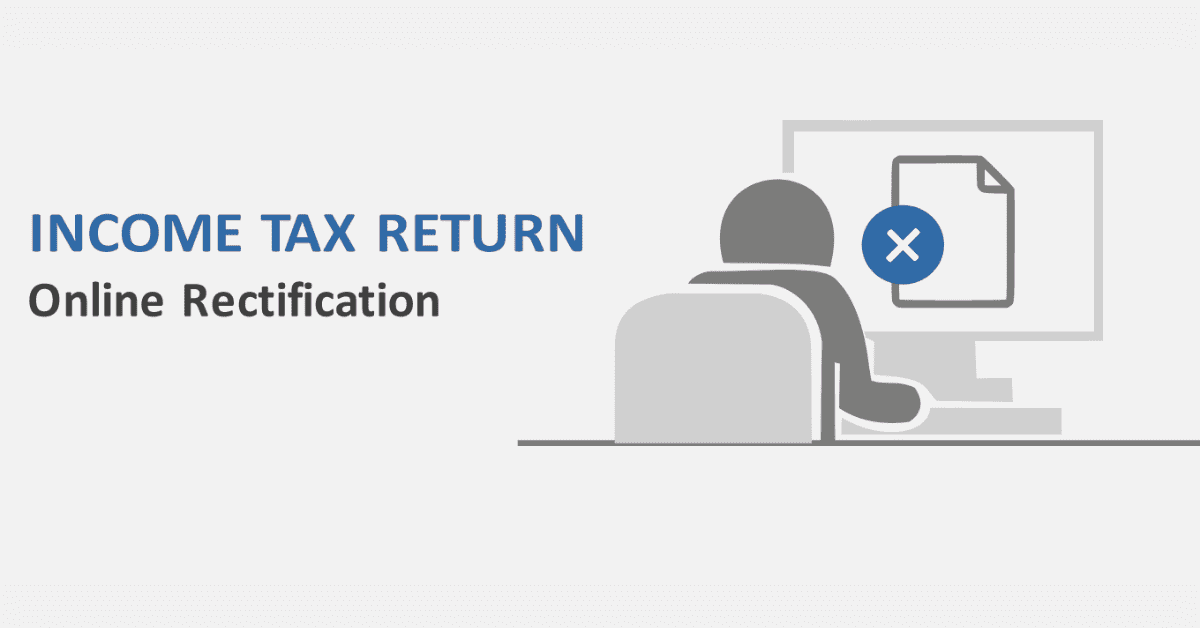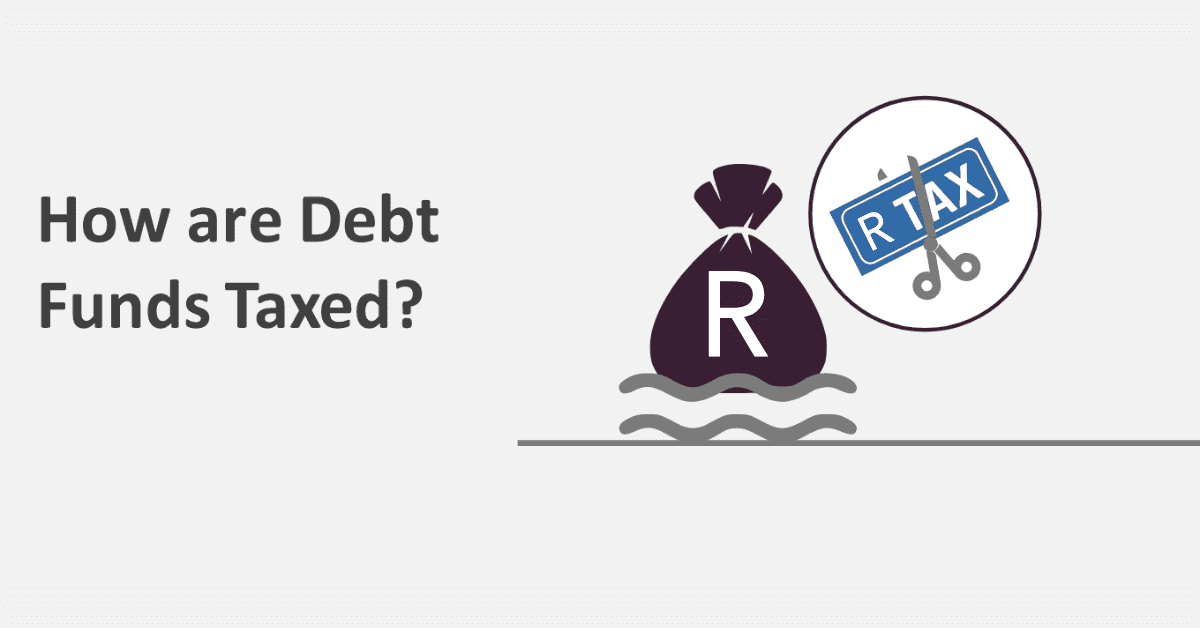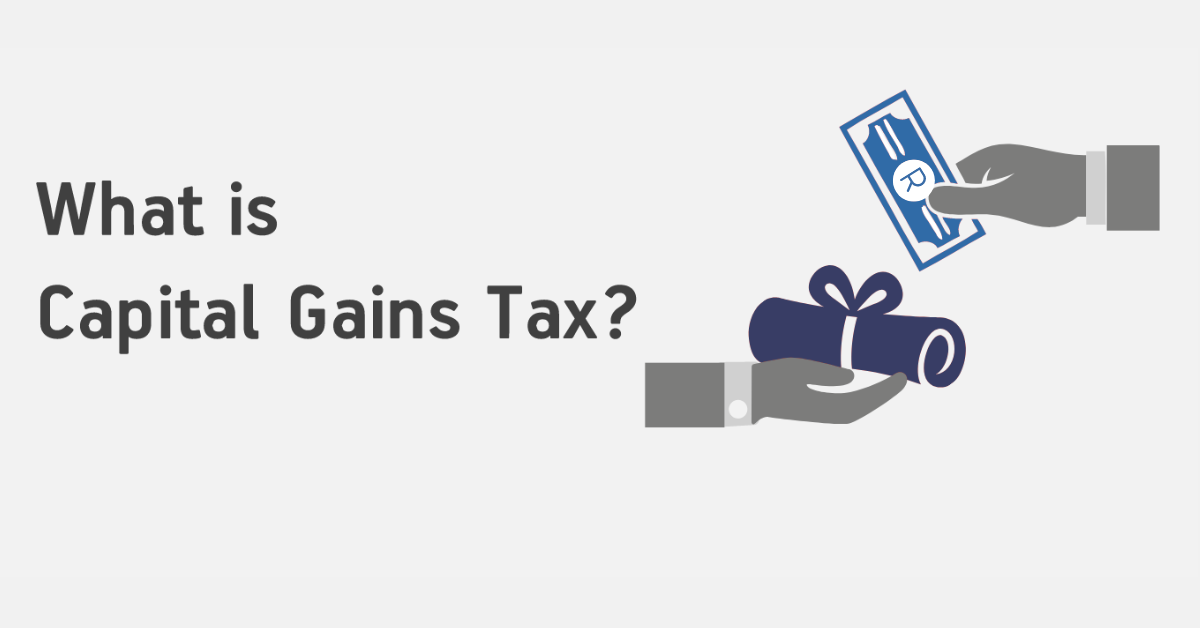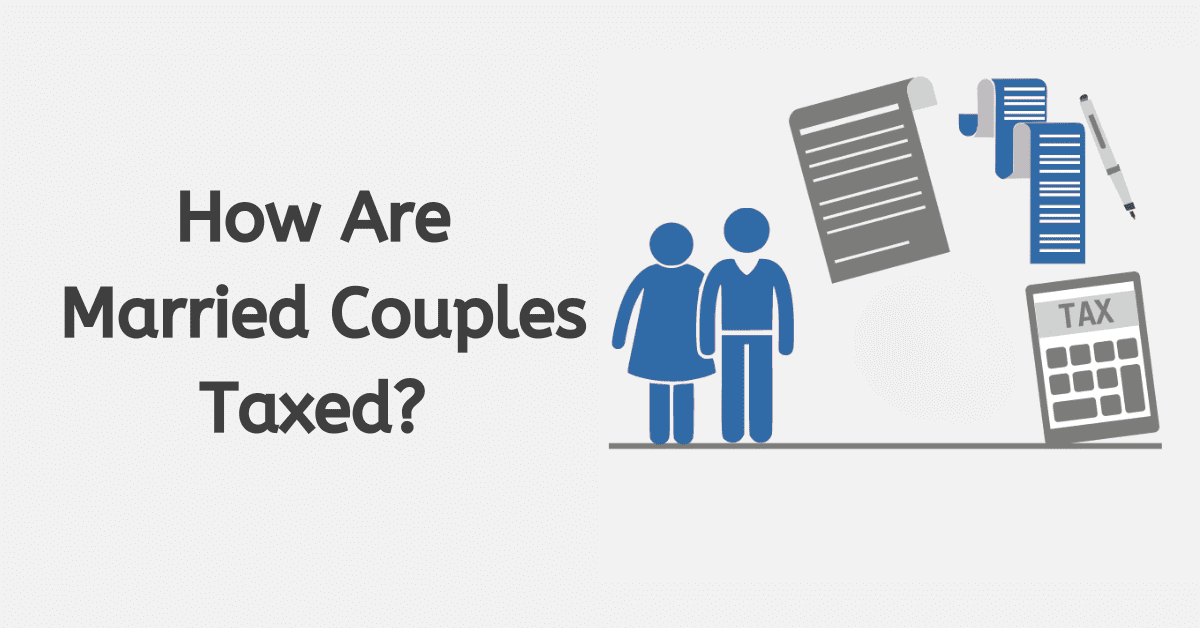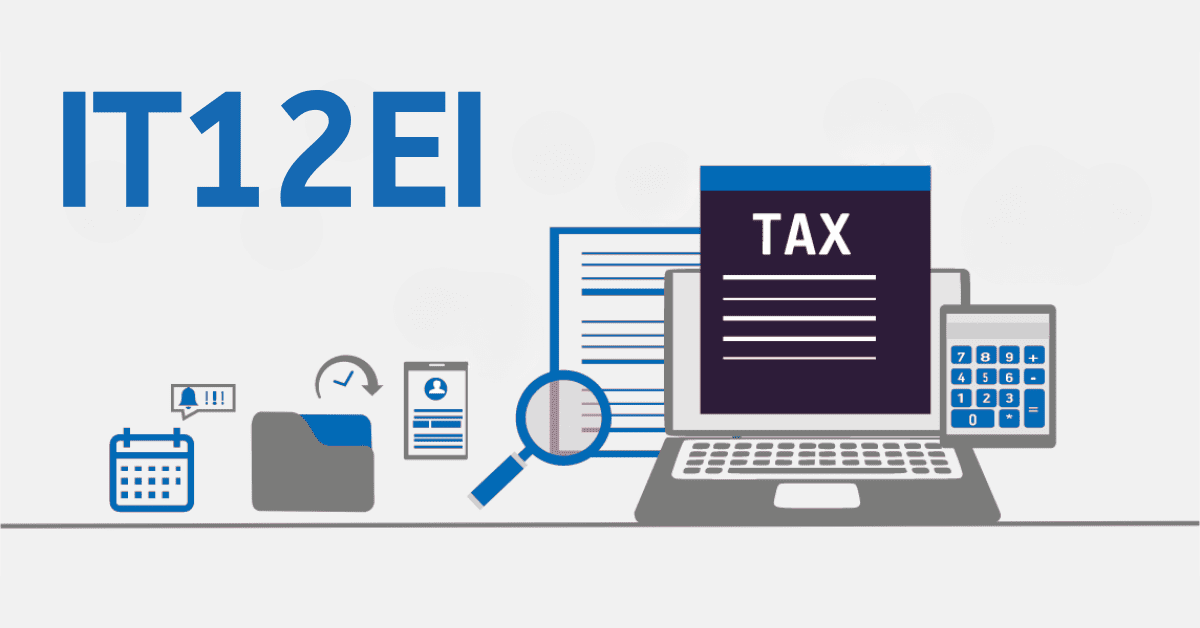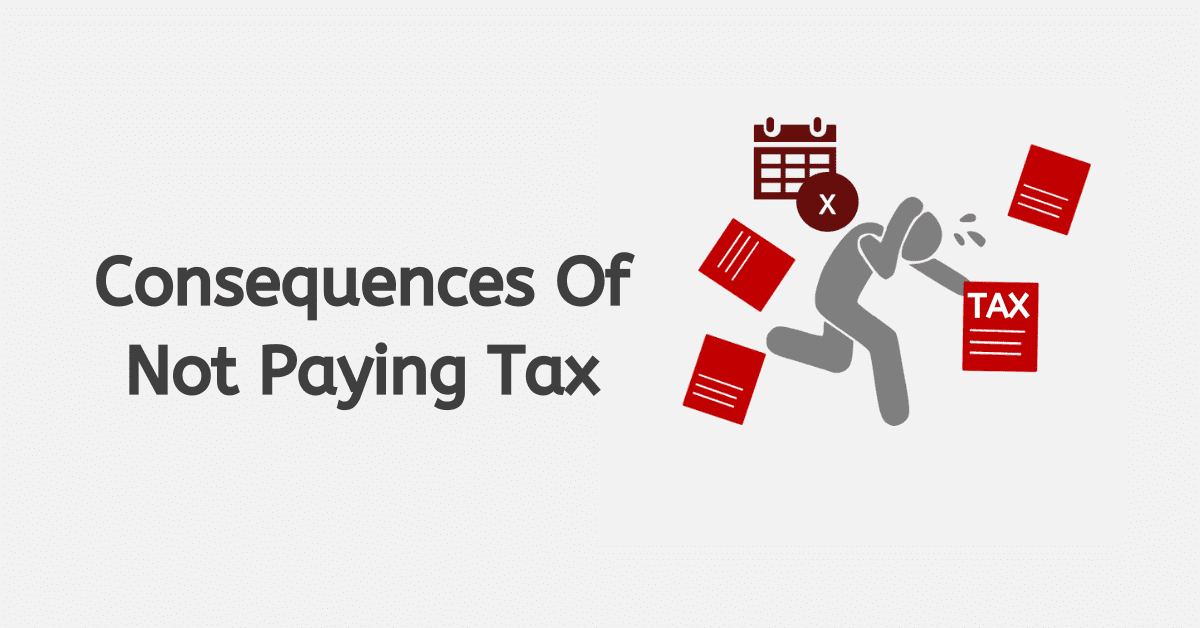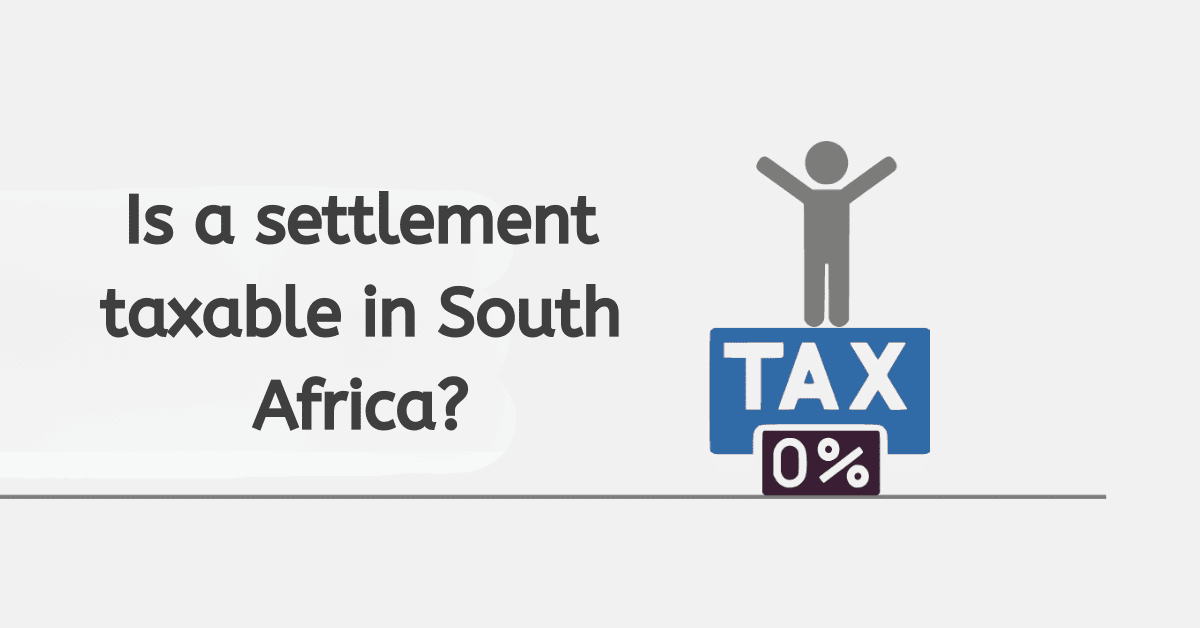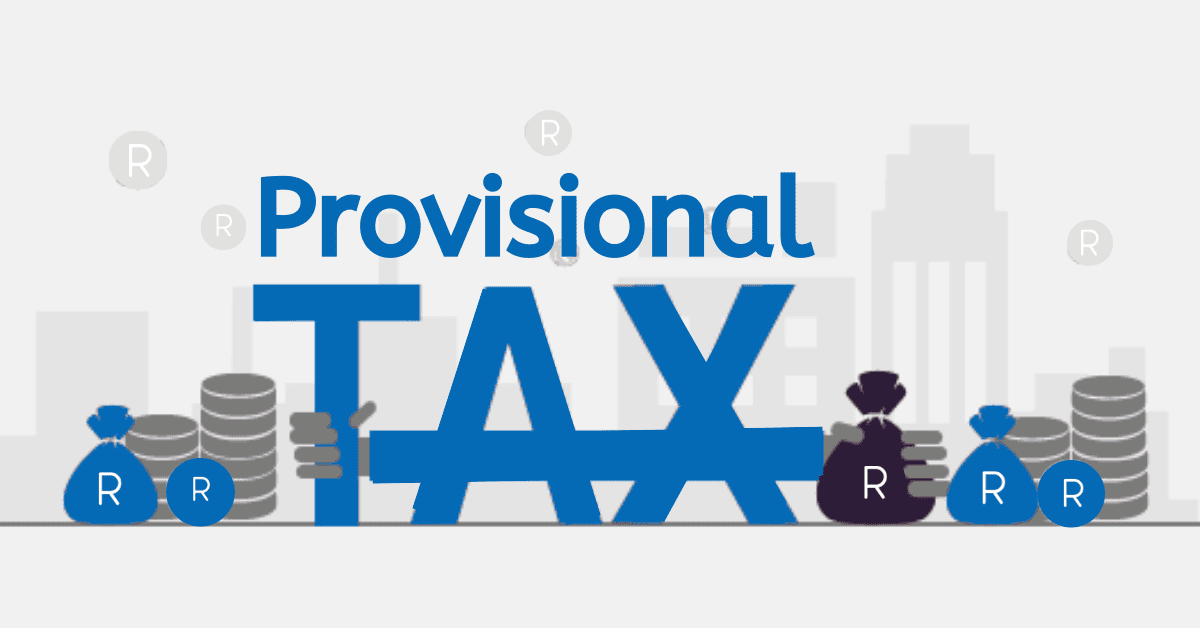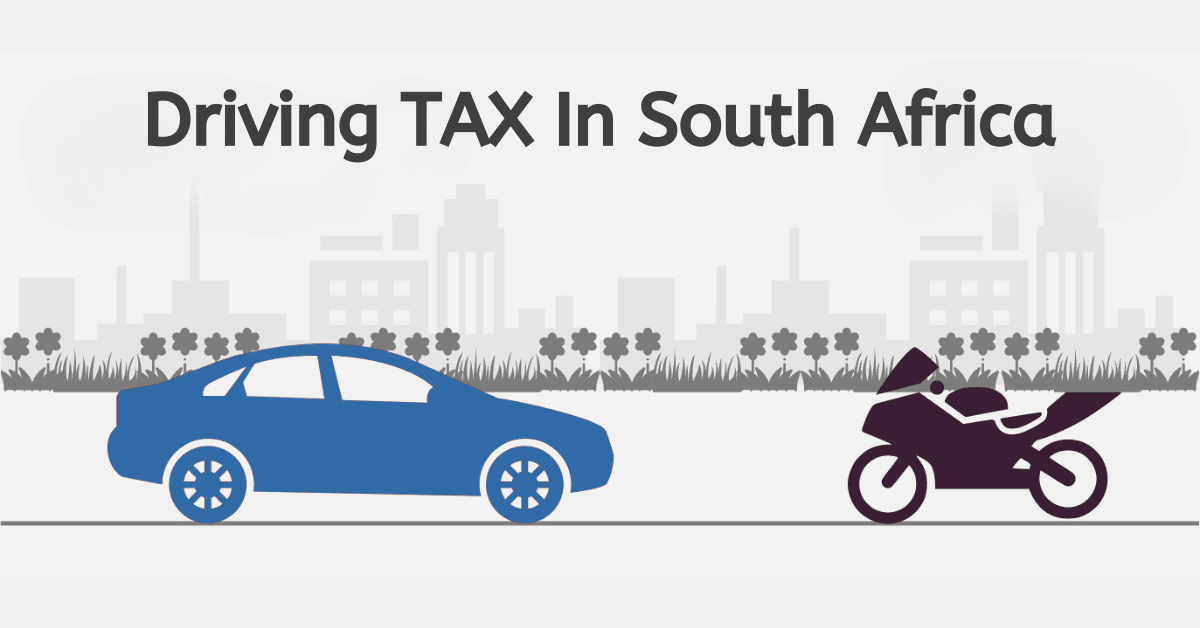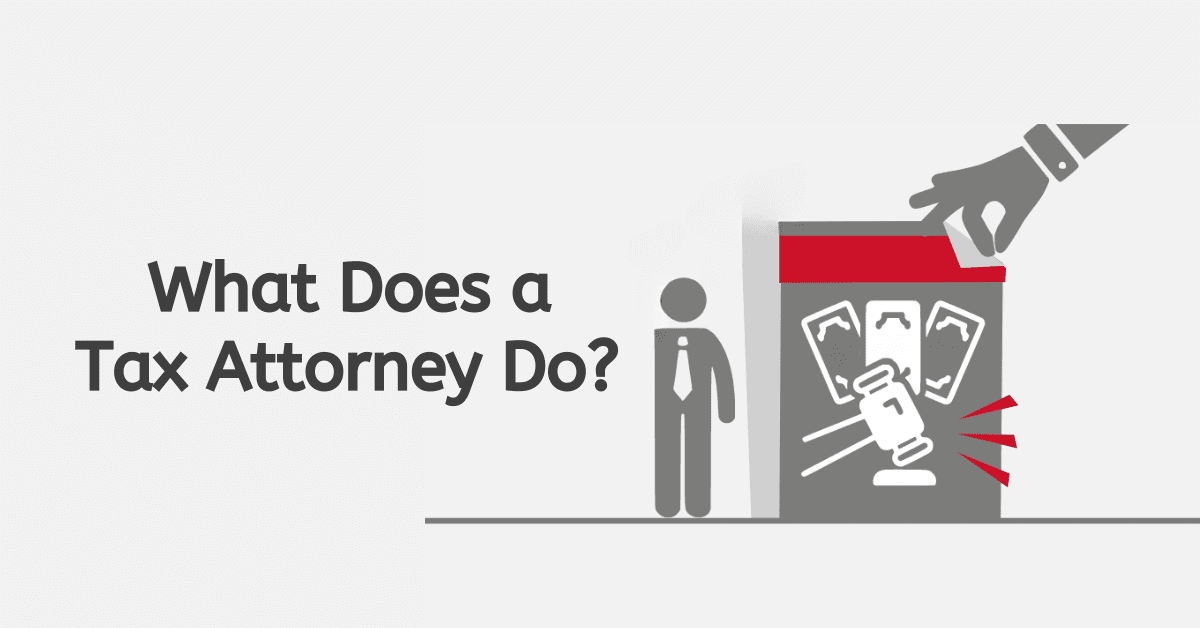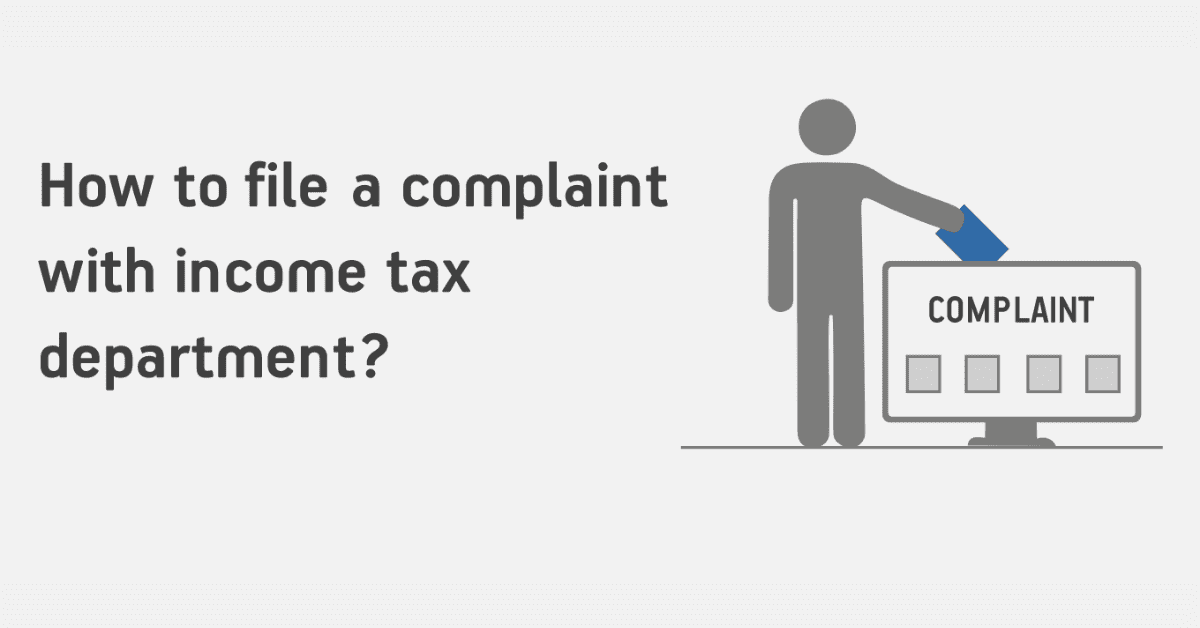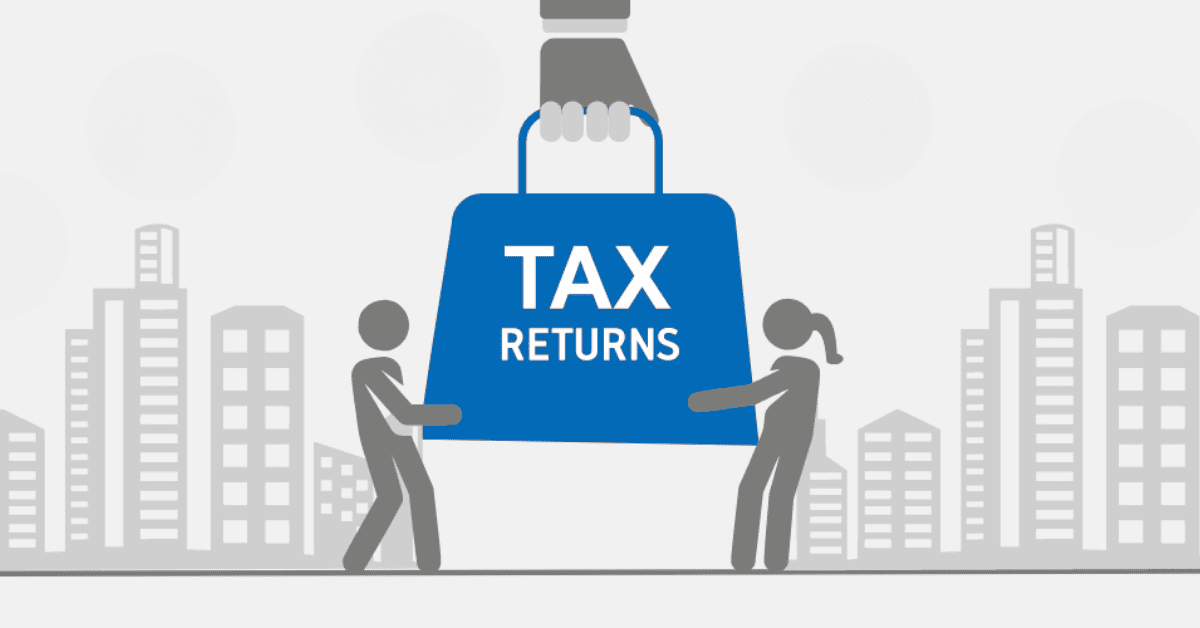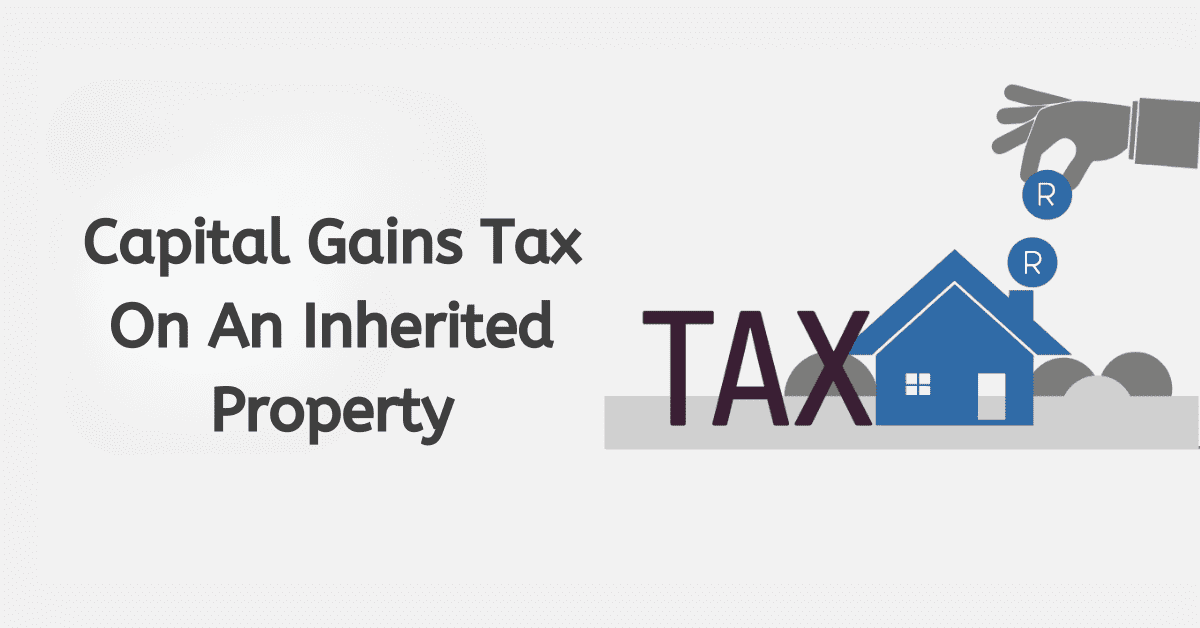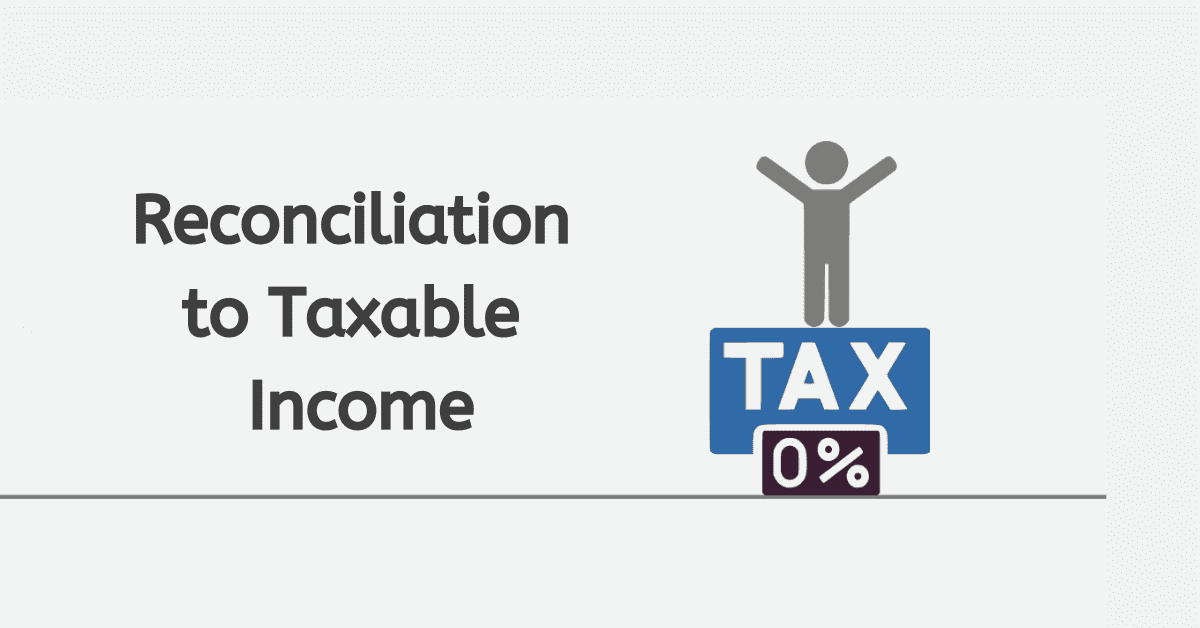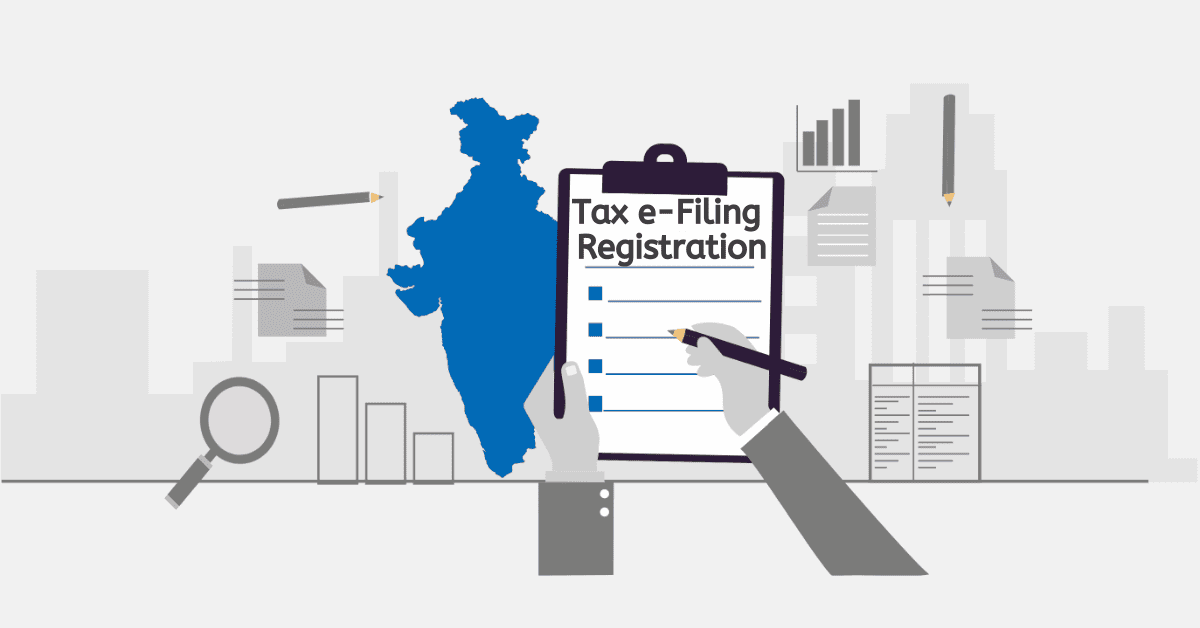Are you hoping for a tax refund? Many South Africans use their tax refunds as a welcome cash injection to pay down debt, settle once-off fees (like school fees), or even to give a nice boost to their retirement accounts or other investments. However, while SARS tries to pay out refunds timeously, you may face delays, leaving you wondering if you will ever receive the money due to you. Today, we’re exploring more about the South African tax refund process, what often delays it, and how you can aim for the smoothest possible experience.
Reasons Why Your Tax Refund Might Be Delayed
Luckily, many of the snags that cause tax refund processing to be delayed lie on the taxpayer’s side, not SARS itself- so there’s plenty you can do to make the process as smooth as possible. Here are some of the key reasons tax refunds are delayed:
- Incomplete Documentation: One of the primary reasons for delayed tax refunds in South Africa is incomplete documentation. SARS reviews each tax return to ensure accuracy and compliance with tax regulations, and that all your personal information matches their records. If any required documents or information are missing, the processing of the refund will be postponed until you rectify the issue. To avoid these delays, you should double-check all submitted documents and ensure that they match with SARS requirements. Additionally, watch out for communication from SARS after you submit your tax return, as this could be asking for additional verification or documents.
- Errors in Tax Returns: Hand in hand with incomplete documentation, errors in the return are another common cause of delays. Mistakes in calculations, misreporting of income, or inaccuracies in claiming deductions trigger a review process that extends the time it takes for SARS to process your refund. Remember, SARS doesn’t only rely on your reports but also compares your provided information to proofs like your bank account status, expenditure, and third-party documents like your employer’s submitted IRP5 or IT34(A) forms from pensions and investments.
- Verification Procedures: To combat tax fraud and evasion, SARS will regularly run verifications and even audits. When a tax return raises red flags or deviates from the norm, SARS will subject it to additional scrutiny. Additionally, a selection of returns are chosen for verification at random. This process involves a detailed investigation of your financial affairs, which naturally extends the time required for the refund to be approved and processed.
How Do I Get a Tax Refund in South Africa?
Getting a tax refund simply means that you have already paid more tax than is due and the account is being corrected. While many erroneously see a tax refund as a ‘bonus’ or ‘free money’, it is in reality just the government returning that overpaid tax to you. So any time your total tax burden on your income tax return is less than the cumulative tax you’ve paid via PAYE or the 6-month estimations of an IRP6, you will get a tax refund. To ensure that your return is processed as swiftly as possible, make sure you:
- Submit an Accurate Tax Return: Ensure that your tax return is accurate and complete. Double-check all figures, calculations, and supporting documents before submission.
- Use SARS E-Filing: Use the SARS e-filing platform for a seamless and efficient submission process. E-filing allows for quicker processing and reduces the likelihood of manual errors.
- Provide Comprehensive Documentation: Include all necessary supporting documents with your tax return. This may include proof of income, certificates of medical aid contributions, and other relevant documentation as asked.
Who is Eligible for a Tax Refund in South Africa?
You are eligible for a tax refund in South Africa when you have overpaid your due tax through the year. This occurs because of situations like:
- Overpayment of Taxes: If you overpaid your taxes throughout the year you will be eligible for a refund of that excess. This is common both when an employer deducts PAYE without accounting for things like pension and medical aid payments, or when you have multiple sources of income, where overpayment can easily happen.
- Using Tax Credits and Deductions: Many of us qualify for tax credits and deductions, such as medical expenses or retirement contributions, that don’t get accounted for in PAYE and estimated tax payments. Remember that using all available credits and deductions on your income tax form will maximize your potential for a refund as well as lower your overall tax burden.
- Lower Income Tax Thresholds: If you are earning below a certain income threshold, you may not be liable for income tax, or a lot less than has already been paid on your behalf through PAYE and similar deductions. If taxes were deducted from their income during the year, you are eligible for a refund of the overpaid amount.
How Long Does It Take SARS to Pay a Refund?
SARS offers a blanket ‘21 working days’ processing window for refunds. This, however, can take longer, especially if you submit your tax return during busy periods (like the final weeks of the income tax season). Using e-filing, ensuring your bank account details are accurate on the system, and responding promptly to requests for supporting documents will help speed the process up as much as possible.
A delay in processing your tax refund may be frustrating, but the good news is that there is plenty you can do to expedite and smooth the process, too.
